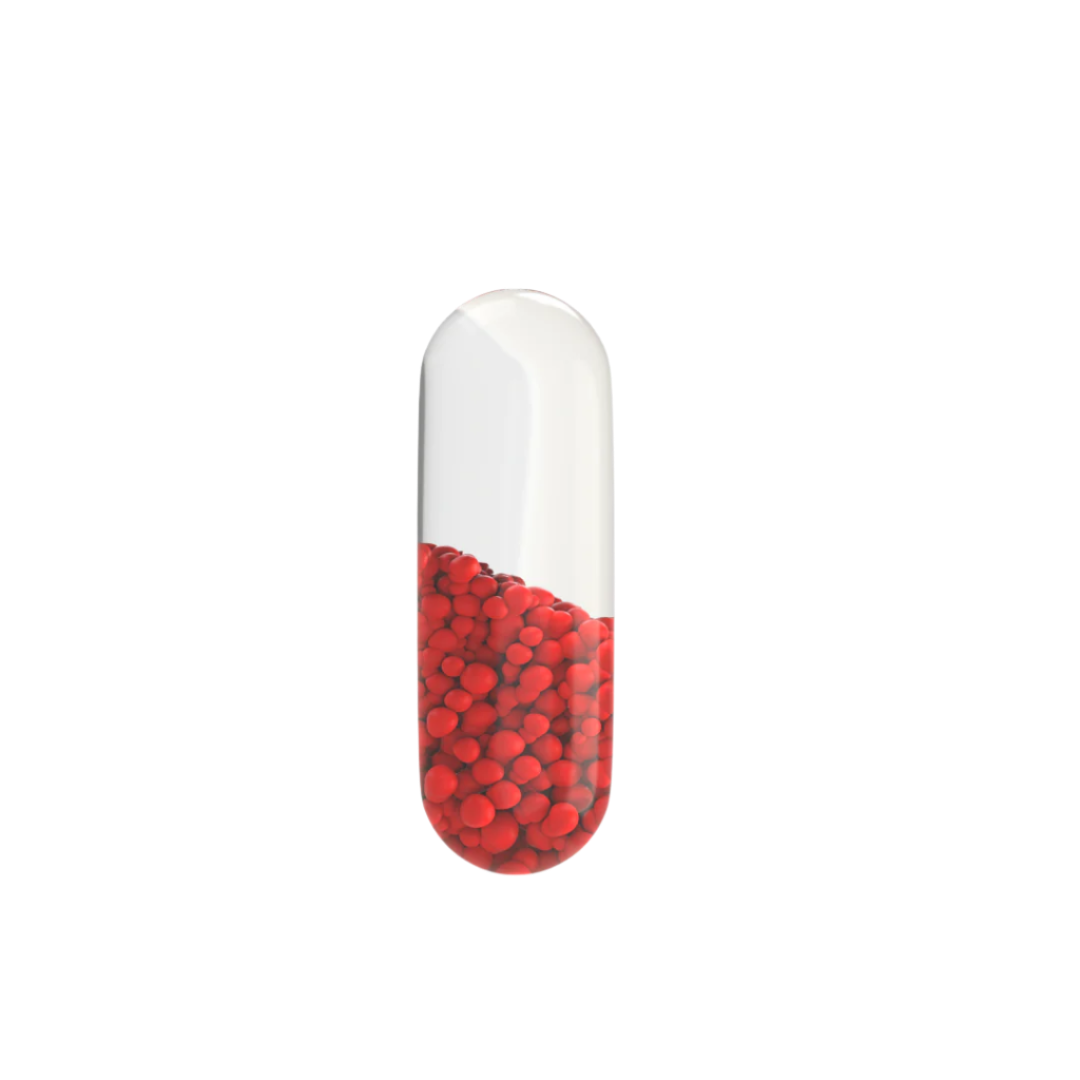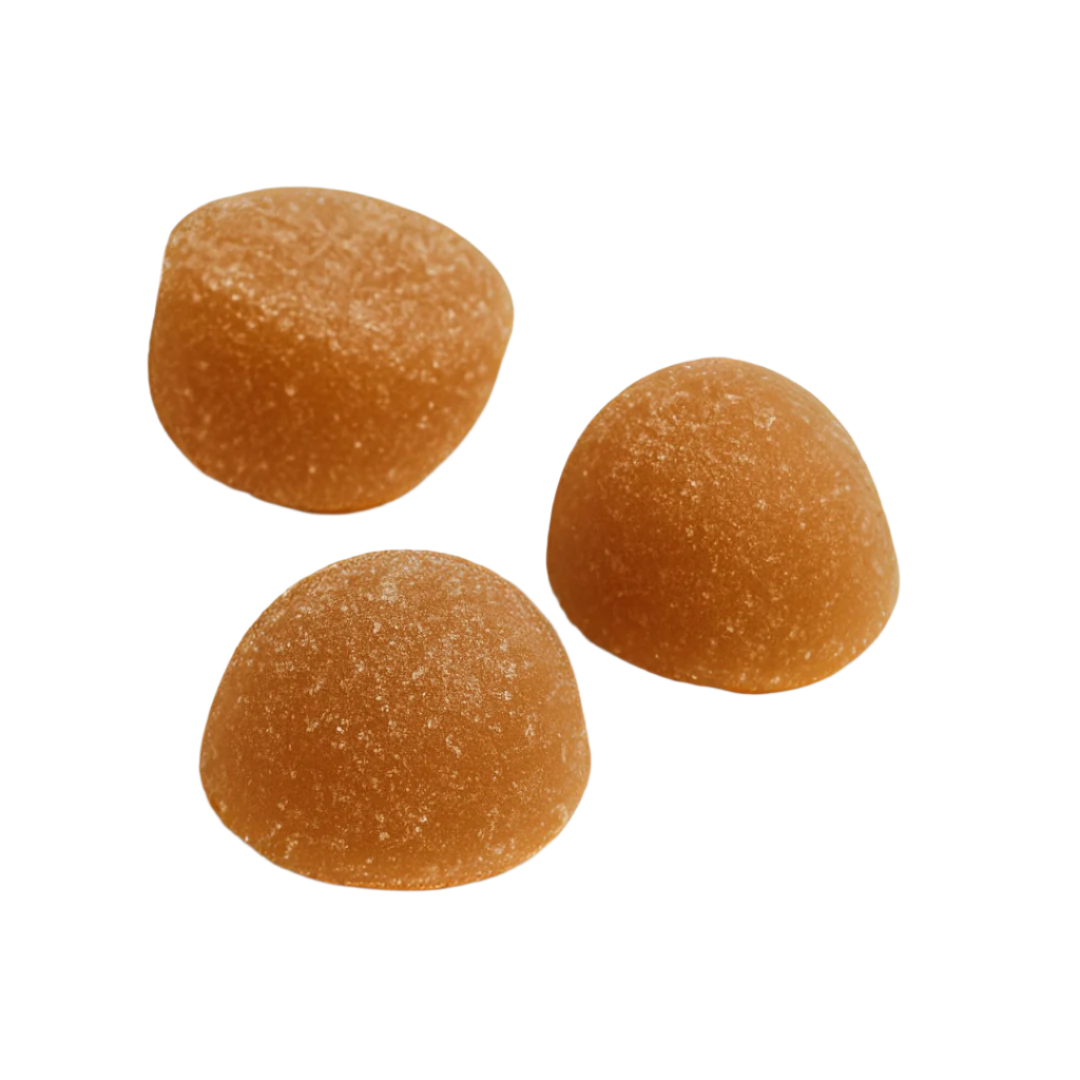Why do people need energy?

Carbohydrates, fats, proteins. We encounter these terms every day, whether they are mentioned in a health article, discussed on a podcast or radio show about diets, or listed on the back of food packaging. And there is a good reason why they are so ingrained in our lives - they are essential nutrients that our bodies use to generate energy. 1
We absorb carbohydrates, fats and proteins through food. During digestion, these organic compounds are broken down to produce energy through the process of hydrolysis 2. This is a chemical reaction that involves another essential nutrient - water. 3
But why do humans need energy? What is this energy used for? Every human body has a Total Energy Expenditure (TEE), and in this article we look at the three main factors that contribute to TEE and the role that sleep plays in energy supply.
Maintaining vital functions
Many complex chemical processes take place in the body to keep it alive and healthy. Collectively, these processes are known as metabolism. Metabolism generally has three main functions: breaking down food into chemical energy to power cellular processes; converting food into building blocks such as fatty acids, amino acids or sugars that the body uses for growth and repair; and eliminating waste products. 4
Metabolism requires a large amount of energy and is constantly happening. This means that when the body is at rest, it is still very active - it maintains vital functions such as breathing and blood supply, and ensures that organs such as the heart, lungs, intestines, etc. continue to function as normal.
The minimum amount of energy required to maintain the body's vital functions is called the basal metabolic rate ( BMR). 5 And BMR happens to be the largest contributor to the body's total energy expenditure (TEE), 6 which accounts for about 60 to 75% of total daily energy expenditure in people with a sedentary lifestyle. 7
Metabolism of food
Another factor that contributes to TEE is the thermic effect of food (TEF), which refers to the increase in the body's metabolic rate after consuming a meal. Essentially, the body requires energy to digest, absorb and metabolize meals. 8 Studies have shown that TEF contributes to about 10% of our daily energy expenditure. 9
Energy consumption during exercise
The third major source of energy expenditure in the body is the thermic effect of activity or physical activity. 10 Depending on the person and lifestyle, this can represent between 15 and 30% of total daily energy expenditure. 11
Physical activity or activity-induced energy expenditure is divided into two components: exercise-induced activity thermogenesis (EAT) and non-exercise-induced activity thermogenesis (NEAT). 12 The former refers to exercise that is consciously performed on a daily or weekly basis to improve one's health and fitness, such as going to a gym or playing sports. The latter refers to physical activities that, as the name suggests, have nothing to do with exercise, such as fidgeting, walking, climbing stairs, talking, and other common activities of daily living. 13
Energy expenditure during sleep
BMR, TEE and TEF indicate why humans need energy. There are also many factors that can affect energy expenditure, one of which is sleep.
When you sleep, your body is in a resting state. One study suggests that during this rest period, you burn about 40 to 55 calories per hour. 14 This number will, of course, vary from person to person, depending on their basal metabolic rate - which in turn is influenced by a number of factors such as age, diet, climate or race. 15
Interestingly, studies also show that sleep helps conserve energy in humans and that lack of sleep can lead to increased energy expenditure. 16 One study found that insufficient sleep actually led to weight gain because although energy expenditure increased by 5%, energy intake at night was well in excess of what the body needed to maintain energy balance. 17 There is growing clinical evidence that sleep or lack of sleep can affect body weight and contribute to obesity. 18
All of these studies confirm the importance of sleep for energy levels and health.19 Sleep is critical for cognitive performance, mental health, mood, and cardiovascular, cerebrovascular, and metabolic health. It's important that you know how to get a good night's sleep .
If you feel tired after waking up and want to feel more energized every morning, then you should try B・SYNC ON - the wake-up aid with natural ingredients that will help you wake up with ease.
Sources
- https://www.sciencedirect.com/science/article/pii/S221345301500004X
- https://www.sciencedirect.com/topics/physics-and-astronomy/hydrolysis
- https://www.nature.com/articles/ejcn2009111
- https://link.springer.com/referenceworkentry/10.1007/978-1-4419-1005-9_472
- https://link.springer.com/referenceworkentry/10.1007/978-1-4419-1005-9_377
- https://www.ncbi.nlm.nih.gov/pmc/articles/PMC4278349/
- https://www.sciencedirect.com/topics/biochemistry-genetics-and-molecular-biology/basal-metabolic-rate
- https://pubmed.ncbi.nlm.nih.gov/8561055/
- https://www.tandfonline.com/doi/abs/10.1080/07315724.2018.1552544?journalCode=uacn20
- https://pubmed.ncbi.nlm.nih.gov/2691813/
- https://www.researchgate.net/figure/Components-of-total-daily-energy-expenditure-TDEEBMRbasal-metabolic-rate_fig1_260397860
- https://www.ncbi.nlm.nih.gov/pmc/articles/PMC6058072/
- https://www.cambridge.org/core/journals/proceedings-of-the-nutrition-society/article/nonexercise-activity-thermogenesis/30B928A57E8A92BB87A89FA006DB5ACD
- https://www.health.harvard.edu/staying-healthy/burning-calories-without-exercise
- https://jamanetwork.com/journals/jama/article-abstract/1156611
- https://www.ncbi.nlm.nih.gov/pmc/articles/PMC3039272/
- https://www.ncbi.nlm.nih.gov/pmc/articles/PMC3619301/
- https://jcsm.aasm.org/doi/10.5664/jcsm.2348
- https://jcsm.aasm.org/doi/10.5664/jcsm.9476







